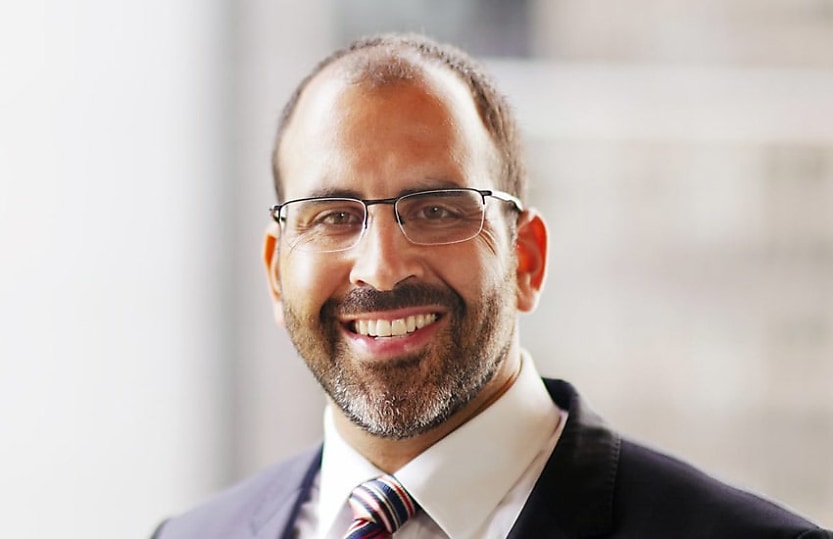Underpaid, overworked: the audit profession's ‘battle’ for talent

Concerns around work/life balance, remuneration, and predictable career progression models continue to inhibit talent attraction and retention, accounting bodies find.
The audit industry is in a battle to attract and retain talent as the number of new and potential entrants flounder. The problem comes down to work-life balance perceptions, stalled remuneration, and a disaffection with the traditional career ladder, according to a report from ACCA and CA ANZ.
“At a pivotal juncture, professionals within the audit profession express concerns about lack of career satisfaction and the prevailing practices currently found in audit firms,” the report said.
Building on insights from over 6,500 finance professionals worldwide, the report concluded the single biggest inhibitor to talent acquisition and retention is a perceived work/life imbalance.
The audit profession is notorious for its ‘busy seasons’, notably from January to April when most industries set their financial statement publication deadlines.
Sixty-one per cent of respondents ranked work/life balance as the number one talent attraction challenge, while 73 per cent ranked it first for talent retention.
Interestingly, Gen Z workers were among the most likely to see this as a retention challenge, but, by some distance, the least likely to consider this an attraction hurdle.
While many firms are taking action to address the work/life balance issue – for example, by setting clear work expectations – the report found that many initiatives “lack visibility.”
Often, the problem is a cultural one and is therefore more persistent and less amenable to correcting initiatives. Some respondents highlighted “worrying” behaviours within audit firms, from bullying to a lack of diversity, sexual harassment, and racism.
Respondents demonstrated an appetite for “sweeping reforms” designed to promote mental health and to tackle malignant workplace cultures.
The hybrid work question – a common work/life balance initiative – continues to divide audit employees from their employers.
Seventy-six per cent of respondents said they would prefer to work in a hybrid fashion, though more than half are fully office-based. The standout reason for full-time office work is that employers make it a requirement.
On the work/life balance challenge, CA ANZ and ACCA made a suite of recommendations, including individualised flexibility support, technology investment, transparency around workloads, and greater visibility around positive initiatives.
“The research clearly shows the need for empathy and respect in the workplace, recognising employees’ multifaceted lives,” said Amir Ghandar, reporting and assurance leader at CA ANZ.
Behind work/life balance challenges, remuneration was seen as the next-greatest talent challenge.
While remuneration models and amounts vary by jurisdiction, two common threads emerged in the survey.
First, younger employees were more likely to leave their employer for pay-related issues and were less likely to be satisfied with their level of pay.
Second, respondents believed they were not adequately compensated for extra work hours during seasons of peak intensity.
Audit professionals from every corner of the industry – from the big four to academia and the public sector – believed that leaving their current employer was the best way to secure a higher salary.
Most respondents in all kinds of auditing roles also said they planned to ask for a pay rise in the coming 12 months. Meanwhile, only self-employed audit professionals said they were satisfied with their current levels of pay.
To tackle the remuneration issue, CA ANZ and ACCA recommended performing market salary studies, offering remuneration for additional working hours, and ensuring pay keeps pace with inflation.
Perhaps most fundamental of all challenges, the report found that the auditing industry faces a crisis of purpose. As noted by Antonis Diolas, author and head of audit and assurance of ACCA, the profession is plagued by an “absence of a commonly understood and unified purpose.”
“This not only inhibits prospective candidates from entering the profession in the first place but also hinders current professionals from recognising how their work generates value,” he added.
The report also pointed to disaffection among young auditors for the traditional career ladder, which continues to characterise their profession.
According to one respondent, the clarity and predictability of the profession’s career progression model was once a “selling point.”
Now, younger employees prize greater horizontal movement, allowing them to rotate through auditing, to industry, and so on.
A big four respondent said firms should consider substituting career ladders for “career lattices” in which employees can move “vertically, horizontally, and diagonally within and outside the firm.”
“Auditing plays a vital role in the economy and increasingly bringing integrity to sustainability efforts,” wrote Ghandar.
“This is an incredibly meaningful career with the potential for diverse, rich experiences, but we must tackle both time-worn and newer evolving challenges standing in the way of a profession as attractive, engaging as possible.”






